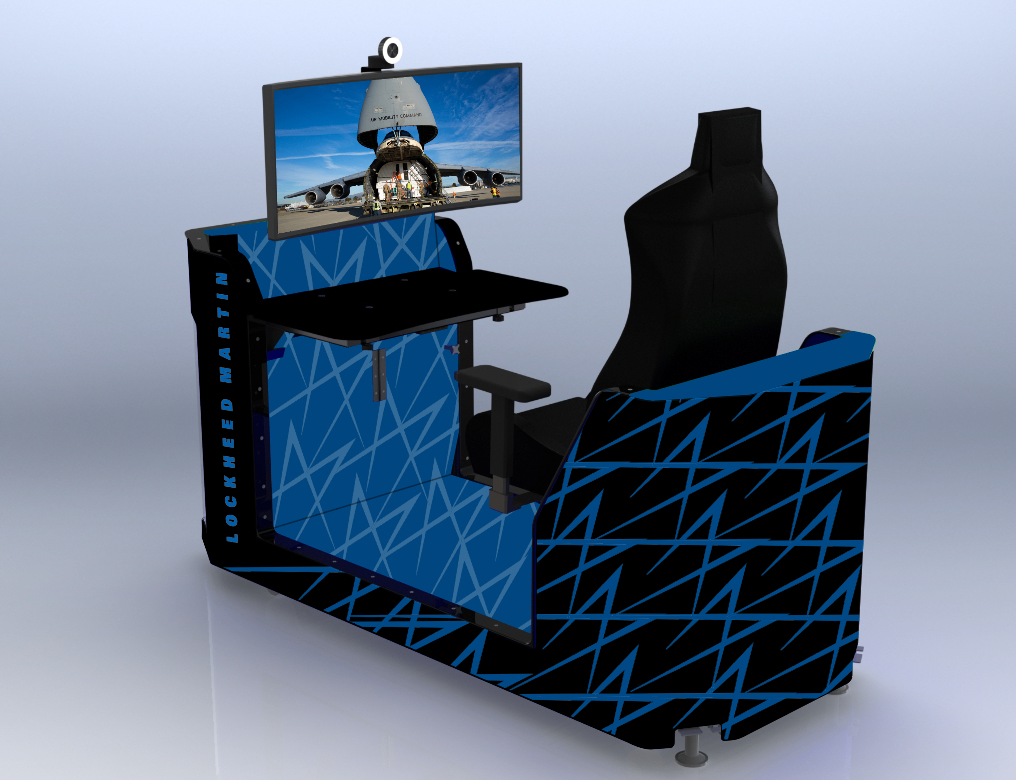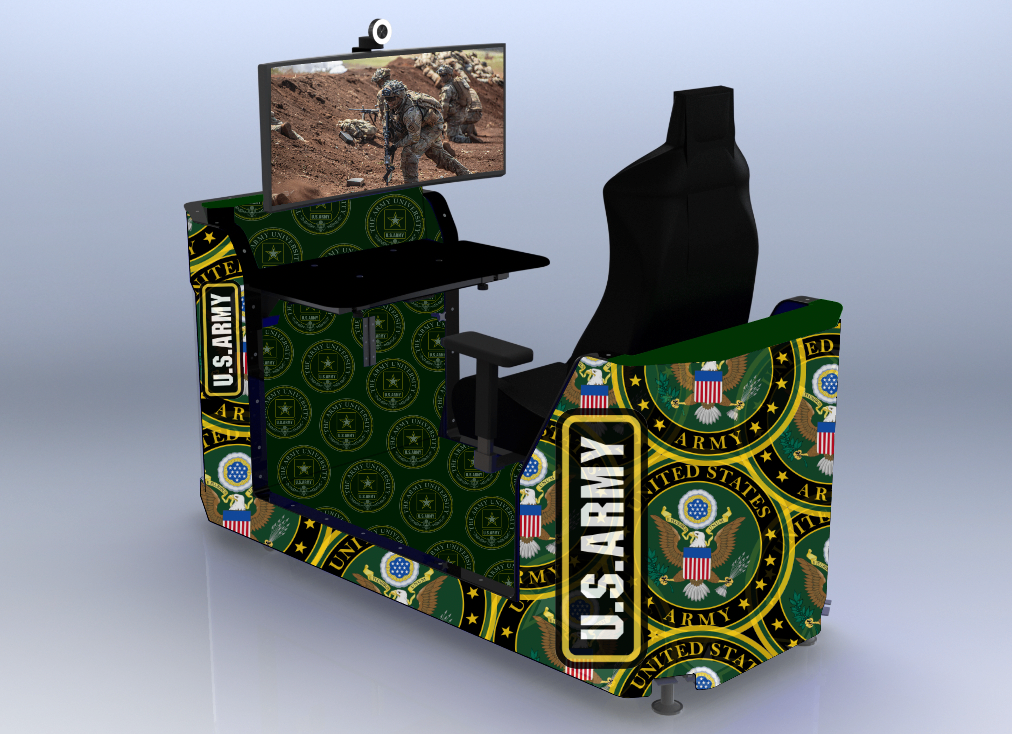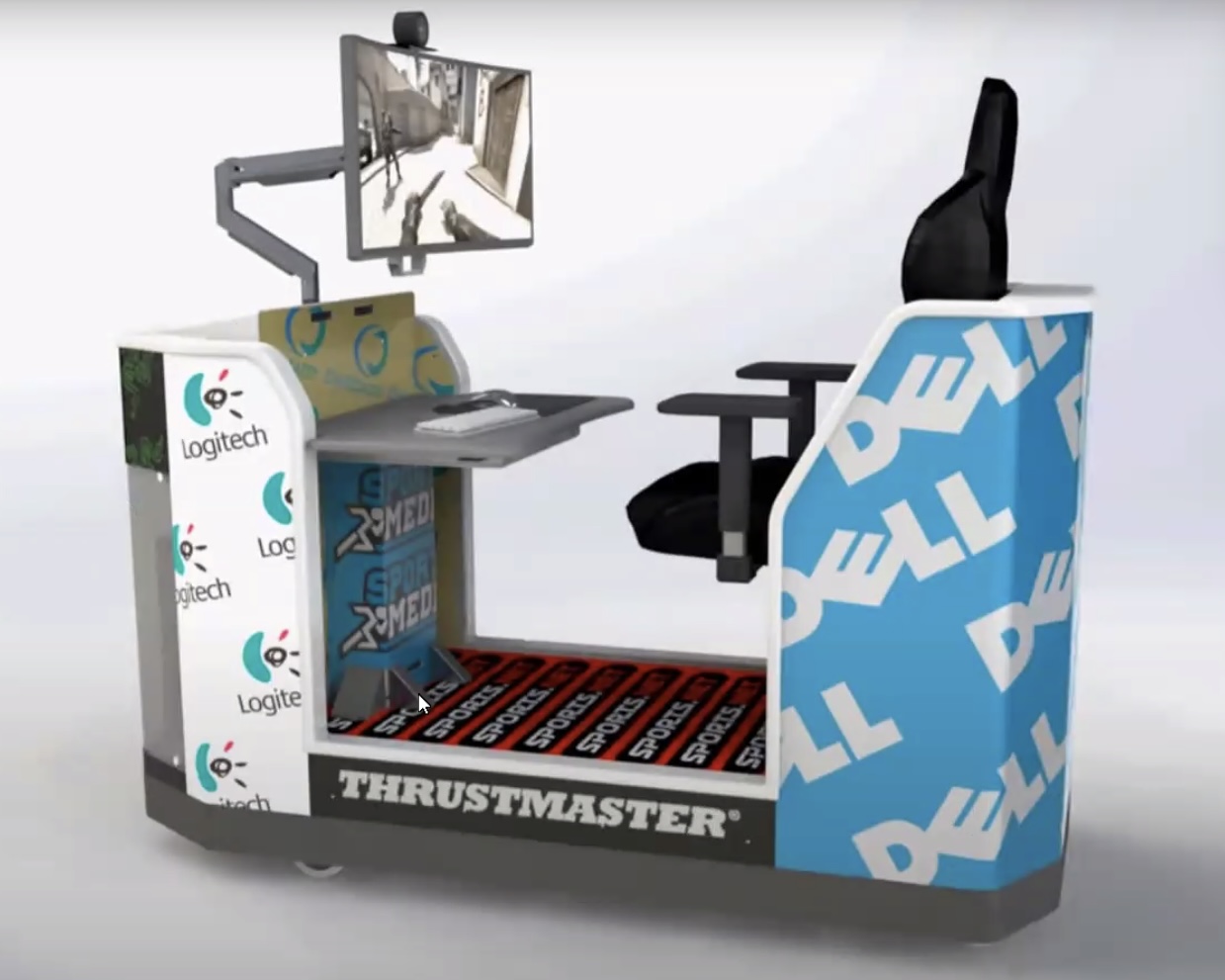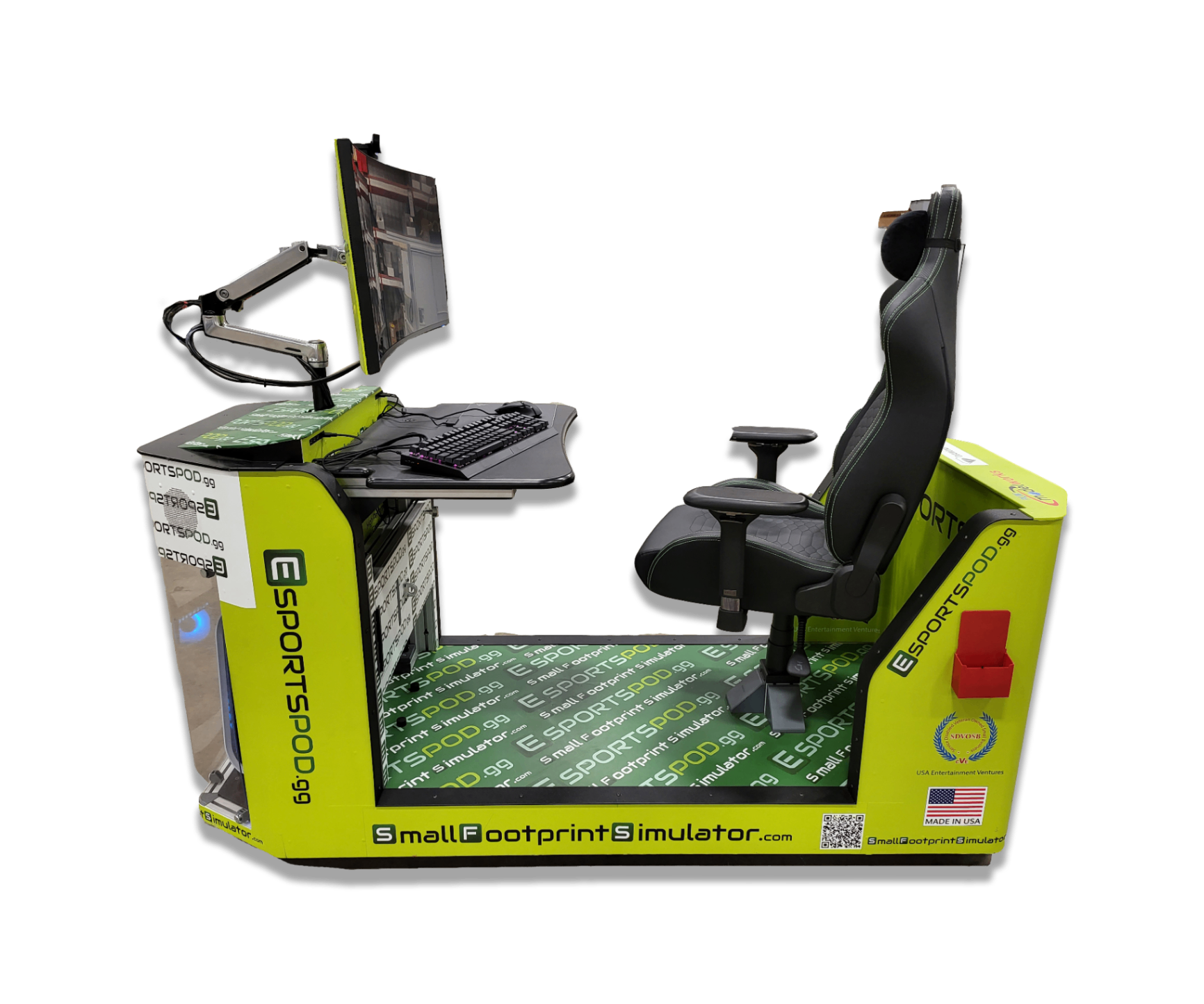Generation Z represents the most elusive consumer demographic for traditional marketers. With sophisticated digital filters and an inherent distrust of conventional advertising, this generation has fundamentally disrupted marketing playbooks across every industry. Yet forward-thinking brands have discovered a powerful solution: authentic partnerships within high school esports ecosystems.
The statistics tell a compelling story. Gen Z spends nearly four hours daily consuming digital content, yet they can "sniff out performative branding in seconds." Traditional celebrity endorsements and polished advertising campaigns consistently fail to resonate with this demographic, leaving brands searching for genuine connection points.
Why Traditional Marketing Fails with Generation Z
Generation Z operates under completely different consumption principles than previous generations. Unlike millennials who responded to aspirational marketing, Gen Z demands radical transparency and authentic community engagement.
The Authenticity Imperative
This generation has developed unprecedented skepticism toward brand messaging. They actively seek behind-the-scenes content, genuine storytelling, and evidence of consistent brand values. Traditional advertising techniques that worked for previous generations now trigger immediate rejection responses.
Community Over Celebrity
While previous generations gravitated toward celebrity endorsements, Gen Z "doesn't buy into brands: they buy into communities." This fundamental shift requires brands to become authentic community participants rather than external advertisers attempting to capture attention.
Mobile-First Expectations
With 99% of Gen Z consumers preferring smartphones for online interactions, brands must optimize for mobile-native experiences. This extends beyond responsive web design to encompass platform-specific content strategies and interactive engagement models.
The High School Esports Advantage
High school esports represents the perfect convergence of Gen Z's core values: authentic community participation, skill-based competition, and peer-to-peer influence. Unlike traditional sports sponsorships, esports partnerships allow brands to integrate naturally within existing gaming culture.
Peer Influence Amplification
Gaming influencers and student athletes "come across more like peers than celebrities," creating environments where brand recommendations feel like trusted friend suggestions rather than scripted commercials. This peer-to-peer dynamic proves significantly more effective for Gen Z engagement.
Cultural Integration Opportunities
Gaming culture seamlessly blends with music, fashion, memes, and entertainment, allowing brands to participate in broader Gen Z cultural conversations. High school esports events become natural touchpoints for authentic brand storytelling.
Long-term Relationship Building
Unlike one-time advertising campaigns, high school esports partnerships enable "consistent, collaborative relationships" that develop over multiple seasons and years. This extended timeline allows brands to demonstrate genuine community investment.
Real-World Success Stories: How Brands Win with High School Esports
Leading Fortune 500 companies have already recognized high school esports' potential for authentic Gen Z engagement. These partnerships extend far beyond traditional sponsorship models.
Military and Defense Partnerships
The U.S. Air Force, Marines, Army, and Navy have pioneered innovative high school esports integration through customized simulation pods and educational gaming experiences. These partnerships combine career exploration with competitive gaming, creating authentic touchpoints for students interested in STEM careers and military service.
Technology Company Integration
Dell, Logitech, and Thrustmaster demonstrate effective high school esports partnerships through equipment sponsorships and technical education programs. These collaborations provide students with professional-grade gaming hardware while introducing career pathways in technology and engineering.
Automotive Industry Innovation
Companies like Lockheed Martin leverage flight simulation experiences to bridge gaming entertainment with aerospace education. These partnerships create authentic connections between student interests and future career opportunities.
Strategic Implementation Framework
Successful high school esports partnerships require systematic approaches that respect gaming culture while achieving marketing objectives.
Phase One: Community Integration
Begin with genuine community participation rather than promotional messaging. Brands should demonstrate authentic interest in student success and competitive achievement before introducing marketing elements.
Phase Two: Educational Value Addition
Develop programming that combines gaming experiences with career exploration and skill development. This approach positions brands as educational partners rather than commercial entities.
Phase Three: Long-term Relationship Development
Commit to multi-season partnerships that support student athletes throughout their high school careers. This extended engagement builds lasting brand associations and community credibility.
Interactive Engagement Strategies
Generation Z "doesn't want to watch: they want to be part of the story." Effective high school esports marketing must include interactive elements that encourage active participation.
Student-Generated Content Campaigns
Encourage students to create and share content about their gaming experiences, team dynamics, and competitive achievements. This user-generated approach provides authentic brand exposure while celebrating student accomplishments.
Live-Streaming Tournament Experiences
Develop live-streamed events with real-time chat engagement, allowing broader community participation in local tournaments and competitions. This extends local events into regional or national conversations.
Behind-the-Scenes Access Programs
Provide exclusive access to team preparation, strategy development, and competitive analysis. This insider perspective satisfies Gen Z's desire for authentic, unfiltered content.
Measuring Success Beyond Traditional Metrics
Traditional click-based attribution misses how Generation Z actually engages with brands. "Gen Z often makes purchase decisions without clicking on your ad," requiring marketers to track comprehensive customer journey analytics.
Community Engagement Metrics
Monitor engagement levels within Discord servers, social media platforms, and gaming forums. These community-based metrics provide better insight into authentic brand relationship development.
Brand Sentiment Tracking
Analyze brand mentions and sentiment across gaming communities, social media platforms, and student feedback channels. This qualitative data reveals genuine brand perception changes.
Long-term Brand Association Analysis
Track brand recall and positive association development over extended periods. High school esports partnerships create lasting impressions that influence future purchasing decisions and career choices.
The Future of Authentic Brand Engagement
High school esports represents more than a marketing channel: it's an authentic community investment that creates lasting relationships with Generation Z. Brands that succeed in this space understand that "authenticity isn't a tactic: it's a byproduct of consistent, collaborative partnerships."
The most successful partnerships involve brands becoming genuine participants in student success stories rather than external advertisers seeking attention. This requires long-term commitment to community development, educational value creation, and authentic support for student competitive achievements.
Smart brands recognize that high school esports partnerships create compound returns through extended brand exposure, positive community associations, and genuine relationship building with future consumers and potential employees.
For Fortune 500 companies seeking authentic Generation Z engagement, high school esports partnerships offer unparalleled opportunities to demonstrate genuine community investment while building lasting brand relationships. The question isn't whether to engage with this growing ecosystem: it's how quickly you can establish authentic partnerships that create mutual value for students, schools, and your brand.
Ready to explore how your brand can authentically connect with Generation Z through high school esports partnerships? Discover EsportsPod's comprehensive partnership solutions and join the brands already building tomorrow's customer relationships today.





